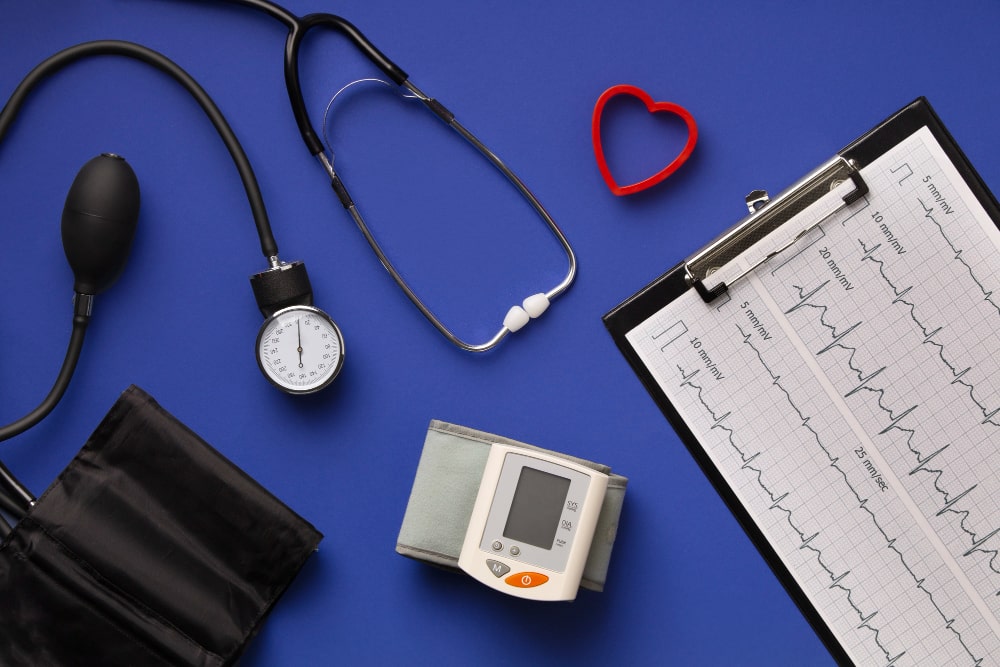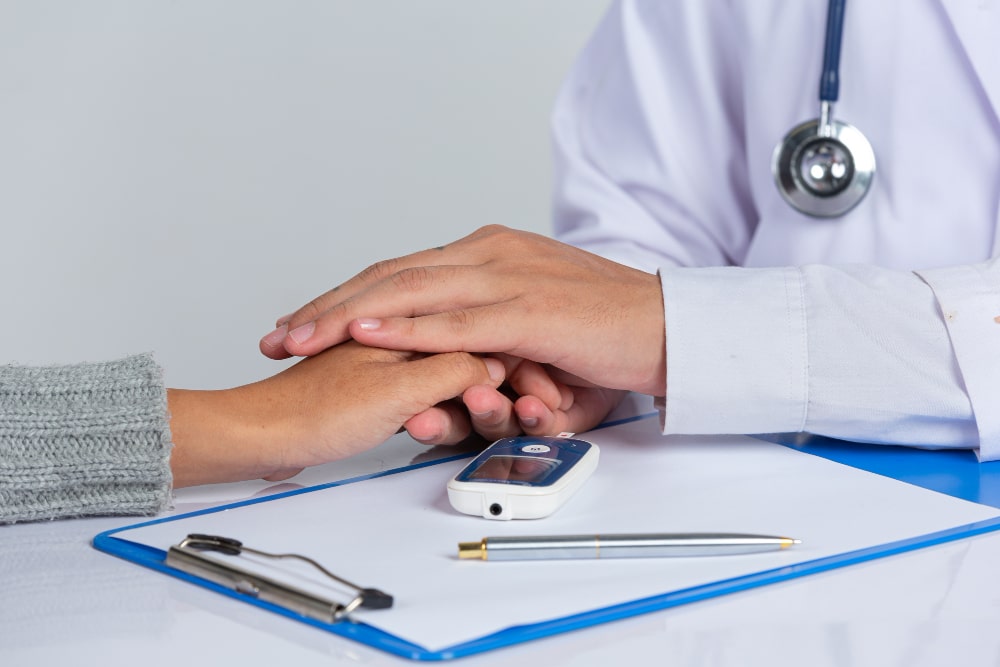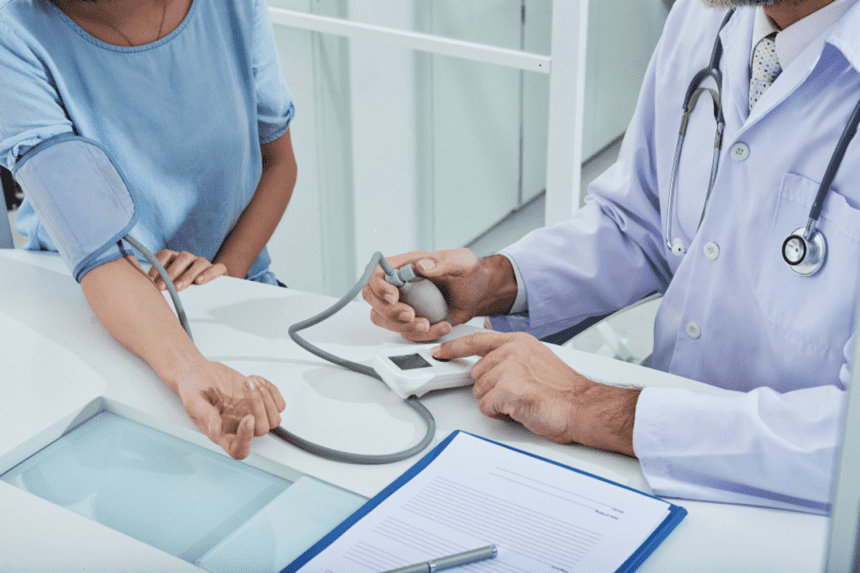What is meant by blood pressure?
Blood pressure is the force that causes blood to flow towards the artery walls. Arteries pass on blood from the heart to every area of the human body. Your blood pressure continuously changes during the day.
Hypertension and High blood pressure
Hypertension arises if the blood pressure is greater than normal. Your blood pressure varies throughout the day according to your activity. Blood pressure readings that are regularly higher than normal may indicate a diagnosis of high blood pressure (or hypertension).
High blood pressure increases health issues like heart disease. The healthcare team diagnoses and recommends treatment by comparing systolic and diastolic blood pressure measurements to guidelines.
Diagnosing hypertension
Medical guidelines establish thresholds for diagnosing hypertension. As per the latest recommendations, hypertension is diagnosed when blood pressure consistently measures 130/80 mmHg or higher. Earlier guidelines set the threshold at 140/90 mmHg. Healthcare professionals use these standards to assess and manage patients’ blood pressure levels effectively.
Impact of Hypertension on the Human Body

1. Arteries
Hypertension can cause damaged and restricted arteries because lipids from diet enter the circulation and collect in the arterial walls. This causes less elastic arterial walls, which limits blood flow across the body.
Aneurysms, which result from continuous pressure, can occur in any artery but are most prevalent in the aorta, the body’s biggest artery. Aneurysms can also cause life-threatening bleeding and harm vital organs and tissues.
2. Heart
High blood pressure can cause many health problems, namely coronary artery disease, heart failure, an enlarged left heart, and metabolic syndrome.
Heart attacks and soreness in the chest are symptoms of coronary artery disease, which is brought on by the arteries supplying the heart with blood narrowing and degrading.
Heart failure occurs from the shrinking or tightness of the heart muscle.
An enlarged left heart raises the risk of having a heart attack and can result in rapid cardiac death.
Metabolic syndrome or MS, can result in heart disease. It is triggered by high blood pressure.
People Also read – Managing Diabetes: Tips for a Balanced and Active Lifestyle Expert guidance from the best clinic in deira
3. Brain

Mini Stroke also known as Transient ischemic attack (TIA), occurs when blood flow to a portion of the brain is cut off for a brief period and is frequently a precursor to a full-blown stroke.
Stroke happens when the brain lacks oxygen and nutrients or if there is bleeding inside or around the brain, which causes brain cell death. High blood pressure may cause blood vessels to shrink, burst, or leak, resulting in blood clots in the arteries that flow to the brain and raising the risk of stroke.
Vascular dementia, a kind of dementia caused by restricted or blocked arteries, can occur after a single or numerous minor strokes.
High blood pressure may cause mild cognitive impairment, which has a bit more issues with memory, speaking, or thinking than the rest of the population.
4. Kidneys
Kidneys remove fluid and waste from the circulation, however high blood pressure and diabetes may damage blood vessels, resulting in renal failure. Treatment options involve dialysis or a kidney transplant, with high blood pressure representing a major cause.
Causes of Hypertension

1. Eating unhealthy foods and avoiding exercise: Unhealthy eating habits and a lack of physical exercise can cause hypertension.
2. Smoking and Alcohol: Smoking and drinking alcohol extensively can lead to hypertension, also tobacco use can cause hypertension too.
3 . Diseases: Kidney illness, obstructive sleep apnea, diabetes can cause hypertension.
4. Medicines: Medicines like the contraceptive pill, steroids, etc. can cause hypertension.
Conclusion
High blood pressure is frequently a long-term condition that gradually causes harm over time. When this occurs, you should take action immediately by reducing salt (sodium) in your diet, exercising regularly, or getting a good night’s sleep. However, if your blood pressure increases so quickly and severely that it becomes a medical emergency, you should go to a nearby hospital immediately.


Leave a Reply